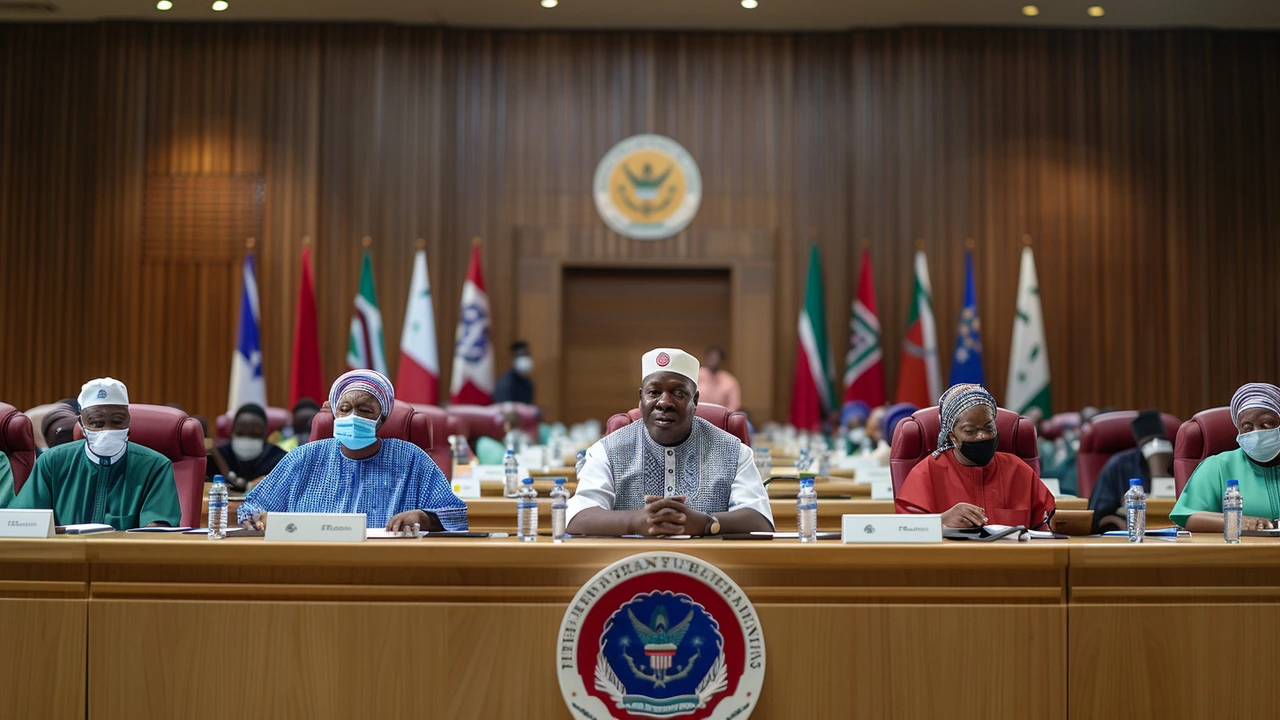Understanding Organised Labour and Its Role
Organised labour primarily refers to workers banding together through unions or other groups to protect their rights and improve work conditions. It's how employees collectively speak up in workplaces where individual voices often go unheard. Think of it as teamwork for workers—by uniting, they gain power to negotiate wages, hours, and safety standards.
Why does this matter? Without organised labour, many workers would struggle to get fair treatment. Employers might set unfair pay, ignore safety issues, or enforce unreasonable hours. But when workers stand together, they can push for changes that benefit everyone involved — not just management.
How Trade Unions Work in Practice
Trade unions are at the heart of organised labour. They gather members from the same industry or company to bargain collectively with employers. This bargaining often covers salaries, benefits, workplace safety, and more. Imagine it like a group negotiating a deal rather than going one by one—unions bring more strength and influence to the table.
One practical result of unions is collective bargaining agreements, which are contracts that set clear rules employers must follow. These agreements help avoid unfair practices and give workers a formal way to raise issues. Plus, unions often provide support when legal or workplace disputes arise, ensuring members aren’t left to face challenges alone.
The Impact of Organised Labour Today
Over the years, organised labour has played a key role in fighting for better working hours, safer work environments, and fair wages. Even in today’s changing job market, unions keep pushing for improvements and adapting to new challenges like gig work or automation. This keeps labour rights visible and evolving.
Organised labour also influences social and economic policies by advocating for laws that protect workers broadly. In South Africa and beyond, unions remain important voices for fair treatment, equality, and social justice in workplaces. So, whether you’re employed in a big company or a small business, understanding how organised labour works can empower you.
Don’t overlook the role of organised labour—it’s not just about protests or strikes; it’s about workers having a say and a safer, fairer work environment. Next time you hear the term, remember it’s about real people coming together to make work life better for themselves and others.
Labour Groups Anticipate President Tinubu's Response on Proposed Minimum Wage
Organised labour in Nigeria eagerly awaits President Bola Tinubu’s input on the tripartite Committee's report regarding a new minimum wage before it is presented to the National Assembly. The Kogi State Government’s dedication to improving worker welfare and the positive industrial relations in the state are highlighted by various supportive actions and policies.
Julian Parsons | Jun, 25 2024 Read More
